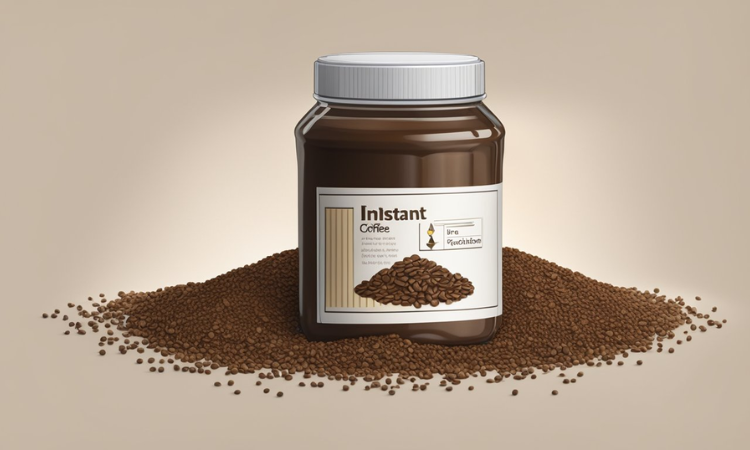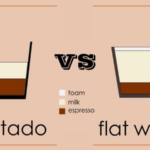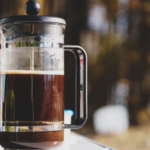As a coffee roaster and barista with over 10 years of experience, I get asked this question a lot – Why Does Instant Coffee Taste Bad – Understanding the Flavor Issues. The short answer is that a lot of flavor is lost in the process of making instant coffee. But to truly understand why, we need to look at how instant coffee is made and how that contrasts with other coffee preparation methods.
Table of Contents
The Many Steps of Making Instant Coffee
Instant coffee goes through a complex multi-step manufacturing process that freshly brewed coffee does not. Here’s a quick rundown:
- Coffee beans are roasted, ground, and brewed into a concentrated liquid extract. This extract contains coffee solids and oils that provide flavor.
- The water is evaporated from the extract at low pressure and temperature, leaving behind just the dry coffee solids.
- The coffee extract is freeze-dried or spray-dried into powder.
- That powder is then packaged and shipped out to grocery stores.
When you add hot water and stir, the powder dissolves, creating “instant coffee”.
Where Fresh Flavor Gets Lost?
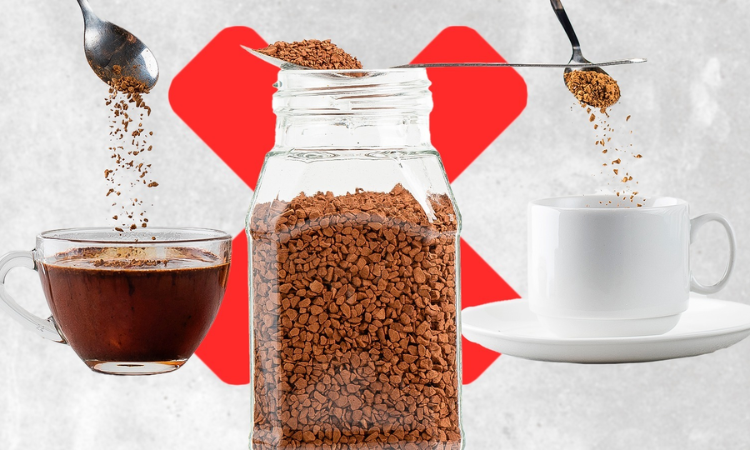
Now let’s contrast that with how drip coffee is made:
- Whole coffee beans are roasted.
- The beans are ground right before brewing.
- Ground coffee is placed in a filter and hot water drips through it, extracting flavorful oils and solids.
- The fresh pot of coffee is immediately enjoyed!
See the difference? With drip coffee, the volatile aromatic compounds haven’t had a chance to dissipate after roasting. And the oils and solids that contain so much flavor are extracted just before drinking.
With instant coffee, you lose freshness and flavor at two key points:
Point #1: During Processing & Storage
After brewing a concentrated extract for instant coffee production, manufacturers have to remove water and dry it into powder. Both freeze-drying and spray-drying use high heat, which can cook off aromatic compounds that give coffee its lovely smells and tastes.
The final powder also loses flavor over time due to oxidation. Even in sealed packaging, the coffee stales faster relative to roasted whole beans. By the time an instant coffee powder makes it to your cupboard, it likely won’t taste nearly as vibrant.
Point #2: During Reconstitution
When making a cup of instant coffee, you’re just rehydrating the dried powder with hot water. This doesn’t extract anywhere near as many flavorful oils and aromatic compounds as drip brewing does.
So a cup of instant ends up falling flat, with generic “coffee-ish” flavors but none of the sweetness, acidity, or floral notes that make exceptional coffee taste so good.
Can You Make Instant Coffee Taste Better?
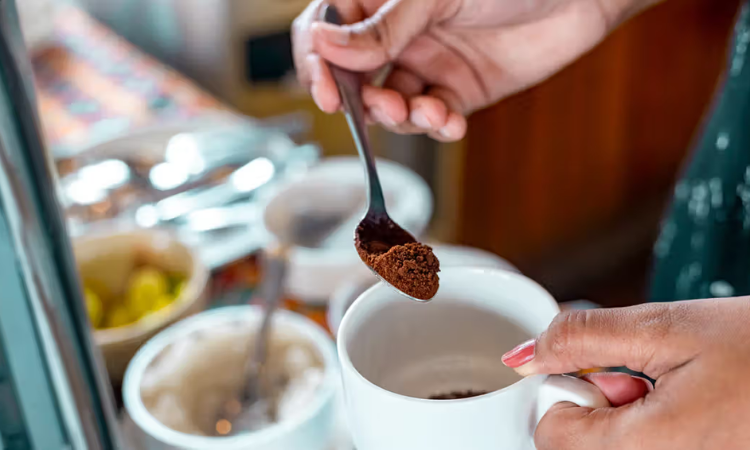
Now that you know why instant coffee often tastes so inferior, is there anything you can do to improve that home-brewed cup? Yes indeed!
Here are my 3 top tips for making instant coffee more palatable:
- Start with higher-quality instant coffee powder – Look for well-known specialty brands that use higher-grade coffee beans to produce their instant product. I recommend Mount Hagen and Starbucks VIA packets.
- Use hotter water – Bump up the water temp so it’s just off-boiling. This helps extract a little more flavor from those coffee solids.
- Add a pinch of salt – A tiny bit of salt reduces the perception of bitterness, helping smooth out the flavor.
Instant coffee will likely never taste as amazing as a freshly brewed cup. But with a few tweaks, you can make your morning instantly more enjoyable!
As a veteran barista, I’ll always recommend buying whole-bean coffee and grinding & brewing it yourself whenever possible. But keeping some quality instant packets around for traveling or busy mornings isn’t a bad idea either.
There’s no need to settle for terrible tasting instant when a few small changes make a big difference. Follow my tips above to turn that morning mug of mud into a much more delicious cup!
Also Read – Grow Mushrooms Using Coffee Grounds – A Simple Guide

Dina Kalanta is the expert behind brewedcoffee.net, bringing over 8 years of experience in the coffee industry. With a Master’s degree in Food Science specializing in Coffee Chemistry, Dina delves into every aspect of coffee, from bean selection to brewing techniques. Her global travels to coffee farms enrich her insights, and she loves sharing her knowledge and new recipes with readers. Follow Dina’s coffee journey on Instagram.

